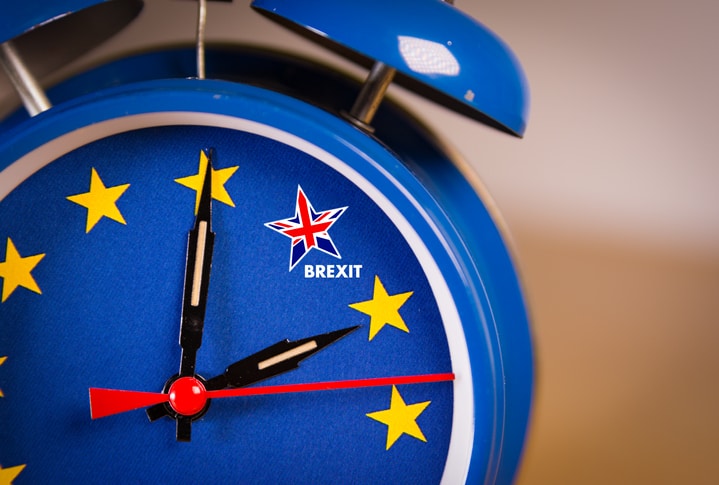The Brexit dramas continue, with no clearer a plan and a deadline that has shifted. Yet against the backdrop of the chaotic politics, it’s worth considering how a disorderly exit from the EU could affect the economy and everyday personal finances.
No deal?
The largest challenge facing the country is the lack of clarity about how it will exit the EU. The deadline will move to 22 May 2019 if MPs pass Theresa May’s deal. If they don’t, it will be 12 April 2019.
Of all the scenarios being considered, a no-deal situation would be the most catastrophic to the UK economy. According to Bank of England research, if the UK were to exit the EU without a deal, its economy could shrink by 8% (a bigger drop than after the 2008 financial crisis), unemployment would peak at 7.5% and the sterling would fall by 25%.
What does this mean for personal finances?
Brexit doesn’t make for happy reading, and while the uncertainty of how Britain will exit the EU continues, the more likely it is to have a negative impact on business confidence and investment. Yet it is hard when hearing all the big-picture statistics to really understand the impact on personal finances.
In terms of how you would use your personal financial products, not much would change. Credit card charges are likely to be higher and payments could take longer in cross-border transactions. Also, Britons could lose consumer protection rights for goods purchased from European retailers.
One of the biggest financial impacts will be if house prices fall. In September 2018, Bank of England Governor Mark Carney warned that a no-deal situation could see house prices fall by a third. If this happens, those already on the property ladder could be faced with negative equity, which in turn could lead to issues when remortgaging their properties.
Then there is the issue of interest rates. We have seen record low interest rates since the last financial crisis, but a no-deal Brexit could see the Bank of England raise the base rate. If this happens, borrowing will become more expensive.
What can I do?
One of the ways to protect your personal finances ahead of Brexit is to consider how much debt you owe. If interest rates do rise, it is likely that card providers will pass this down in the form of higher APRs. Say you already have a balance on a credit card, consider switching it to a 0% interest balance transfer credit card in order to get out from underneath high interest charges and start paying it down. Or if you are planning a large purchase, maybe look to take out a 0% interest on purchases card in order to avoid incurring interest on your balance.
If you plan to still use your credit card for purchases in Europe, look for a card that has no foreign transaction fee in order to avoid higher charges for cross-border transactions. And if you are looking to remortgage, shop around to find the best deal and maybe consider a fixed-rate product in order to protect yourself against any increases that could be made to the base rate.
Other than that, it is a case of sit tight and wait. As the Government and MPs continue their stalemate, the reality of a no-deal exit from the EU on 12 April 2019 is looking ever more likely.
Worried about interest rate rises? Check out our top picks for 0% credit cards







